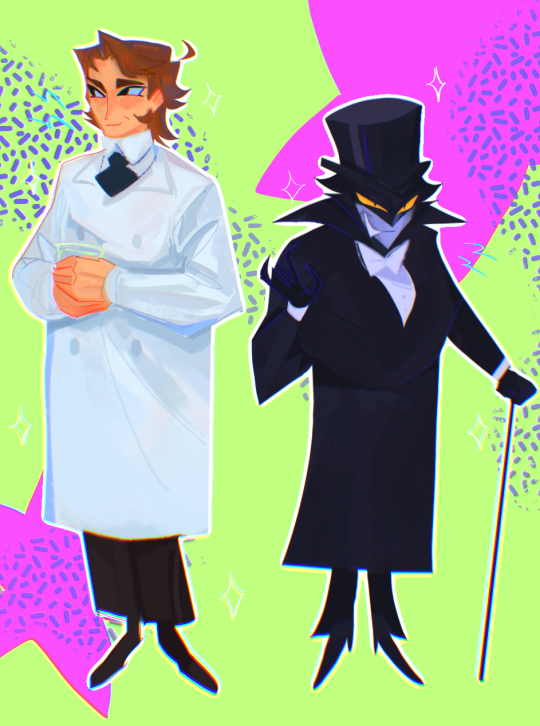#I’m brocen
Text



BOOYAH!
Progressively more upsetting pent up Jekyll and hyde art
Mostly I just wanted to post the thangs I kinda worked on <\\3
#ronnies junk#cw bright colors#he’s brocen <\3#MY HEARTTTT i loVED Her#WAAAAHHH#me when I’m too scared to tag
123 notes
·
View notes
Text
I’m so depressed i didn’t get venti cuz I got miko and her stupid wife in the same patch😒 THEN I DID OVER 150 WISHES AND GOT THIS MF DILUC😒😒😒😒😒😒😒
#genshin#20 whole days#of pure pain#to get no venti😒#very well#guess I’ll have to get ayaka#ice akko😍🤞#I’m brocen#satire btw I’m not actually that sad😭
7 notes
·
View notes
Note
Hey bae💔 I’m back from soccer practice and I am brocen🖤 I can here my hips pop when I walk
bae 💔💔 not the #brocken⛓🖤😔 hips nooooo
#speaking of soccer#how is that going for you this year#elk's asks#🥶— serenity#do you have a good team#i bet ur the strongest player
6 notes
·
View notes
Note
i’m going through my edgy emo kid arc rn #emo #brocken #cries #depres #whatyouknowaboutrollingdowninthedeep
-🪶
*changes icon and header to all black picture* #brocen #depressskos #cries #emophase #edgy #nobodyhmu #onlyrealonesknow

3 notes
·
View notes
Note
no pls don’t leave me 💔💔💔💔💔
i’m so brocen. this is so sad. #deppreshun #allblogsarethesame
NO BUT FR IM NOT TIRED I JUST MIGHT BE HEADING UP TO MY ROOM LMFOWODO - 🐣
SJDHFSDKJHFSDJF I ACTUALLY FELL ASLEEP LMAO
1 note
·
View note
Text
The beginning of an ending
Q: Have you folks ever done something with the “-en” ending? I’m thinking of “widen,” “strengthen,” “deepen,” etc. Sounds like it must be of Anglo-Saxon origin.
A: We’ve discussed the “-en” suffix several times on our blog, including a post last year examining its use in plurals (“brethren,” “children,” “women”), and briefly mentioning its use in diminutives (“kitten,” “maiden”) and adjectives (“golden,” “wooden”).
In our earlier post, we note that some Old English nouns formed their plurals with “-n” rather than “-s.” These included eyen (“eyes”) earan (“ears”), tungan (“tongues”), fon (“foes”), housen (“houses”), shoen (“shoes”), treen (“trees”), and oxan (the original plural of “ox”).
During the Middle English period (roughly 1100-1400), both the “-en” and the “-an” plurals that had come from Old English were spelled with “–en.” Meanwhile, Middle English writers extended the “-en” spelling to words that didn’t originally have plurals ending in “-n.”
In fact, the “-en” suffix was even added in Middle English to some words that were already plural. So the plurals brethre and childer became brethren and children. If you want to read more about “-en” plurals, check out our 2016 post.
The “-en” suffix was also used in Old English to form adjectives that mainly indicated the material something was made of. Although “-en” adjectives were common in Old English and Middle English, “scarcely any survive,” according to the Oxford English Dictionary.
For example, the Old English adjective stǽnen (made from stone) became stenen and then stonen in Middle English. Today, we generally use the noun “stone” attributively (that is, adjectivally) to describe something made of stone, as in “a stone house” or “a stone wall.”
Since the 16th century, the OED says, there’s been a growing tendency to use attributive nouns in place of “-en” adjectives to describe the composition of something. So we’re likely now to use “gold watch” rather than “golden watch,” “oak chest” rather than “oaken chest,” and “wheat bran” rather than “wheaten bran” (though Pat once had a wheaten terrier named Max).
The OED says modern survivors include the standard English “golden,” “leaden,” “wooden,” “woolen,” “earthen,” and “wheaten,” as well as dialectal examples from Southwest England like “glassen,” “steelen,” “tinnen,” and “papern.”
As we’ve said, the suffix was also used to form diminutives, especially of animals. Examples dating from Old English and Middle English include “kitten,” “chicken,” “ticchen” (small goat), “maiden,” and “stucchen” (small piece). We wrote a post last year about “chicken” and its “-en” ending.
In addition, the “-en” suffix was used in Old English to form feminine versions of male nouns: god became gyden (goddess), munuc (monk) became mynecen (nun), wulf became wylfen (she-wolf). The only modern survivor is “vixen” (a female fox), according to the OED.
As for the “-en” verbs (“fasten,” “harden,” “listen,” and so on), they were formed by adding the suffix to adjectives or nouns.
Some originated in Old English or were borrowed by the Anglo-Saxons from other Germanic languages, but most appeared in Middle or Modern English, influenced by those earlier verbs.
Among the ones with early ancestors, “fasten” comes the Old English fæstnian, “listen” from the Old English hlystnian, “harden” from the Old Norse harðna, “fasten” from the Old High German festinôn, and “brighten” from the Old Northumbrian berhtnia, according to the OED.
However, the three you asked about showed up in late Middle or early Modern English: “strengthen” (1405), “widen” (1566), and “deepen” (sometime before 1605).
Finally, the “-en” suffix in past participles (“broken,” “spoken”) is a holdover from Old English. For example, the past participle of the Old English verb brecan (to break) was brocen, while the past participle of sprecan (to speak) was gesprecen or several similar “-en” variants.
Etymologically, all these “-en” endings ultimately come from the reconstructed, prehistoric Indo-Euroean suffixes –no, –eno, and –ono, according to The American Heritage Dictionary of Indo-European Roots.
Help support the Grammarphobia Blog with your donation.
And check out our books about the English language.
from Blog – Grammarphobia https://www.grammarphobia.com/blog/2017/06/en-suffix.html
0 notes